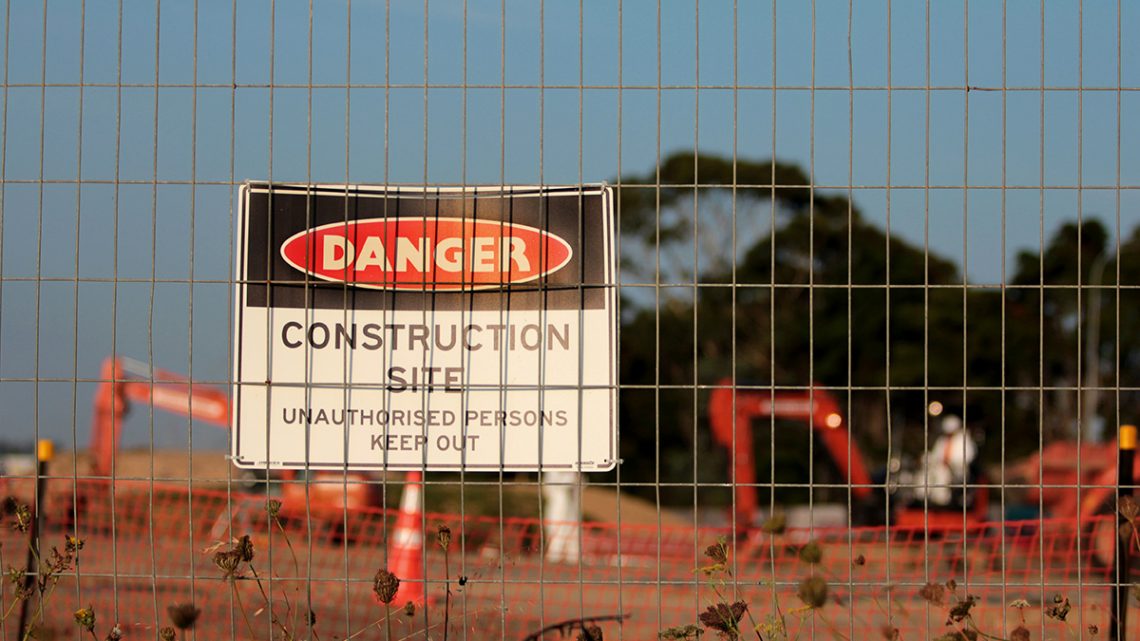As lockdown restrictions are lifted, the number of people being exploited, trapped and tricked into modern slavery is expected to rise. Last year, the number of victims in the UK hit a record high, with more than 10,000 potential victims of trafficking, slavery and forced labour identified – men, women and children.
But it’s feared that this is only the tip of the iceberg, and that there may be as many as 136,000 modern slavery victims in the UK, according to a 2018 survey by the Walk Free Foundation.
Cardinal Vincent Nichols, President of the Santa Marta Group, has added his voice to the Crimestoppers’ #SlaveryonYourDoorstep campaign that seeks to get anonymous information from the public to help potential victims of this under-reported crime:
“The pandemic has affected vulnerable people disproportionally,” says Cardinal Nichols. “This has led to more potential victims of human trafficking and exploitation. The Catholic Church’s Santa Marta Group seeks to help victims, and potential victims, of human trafficking by working with law enforcement agencies across the world to combat this evil crime and assist the victims.”
You can back the #SlaveryonYourDoorstep campaign by helping to spot these victims and to tell Crimestoppers about them, 100% anonymously, so that the necessary support can be provided by specialist agencies, and action can be taken against the criminals involved.
What can I do?
We can all help end modern slavery by being aware of what to look, for instance the next time you go to a car wash site or a nail bar.
This crime also goes on in agriculture, construction, catering, the care sector, contract cleaning, hotels and hospitality, and in fishing, as well as being widespread within the sex industry.
Signs that someone might be a victim of modern slavery include:
- Showing signs of injury, abuse and malnourishment
- They look unkempt, are often in the same clothing and have poor hygiene
- Appearing to be under the control and influence of others
- Living in cramped, dirty, overcrowded accommodation
- They have no access or control of their passport or identity documents
- Appearing scared, avoiding eye contact, and being untrusting
- They may allow others to speak for them when addressed directly, rather than speak for themselves.
- They’re collected very early and/or returned late at night on a regular basis
- May have inappropriate clothing for the work they are performing, and/or a lack of safety equipment
- May be isolated from the local community and their family
- They travel only with other workers
We know that it can feel awkward or a bit embarrassing when you suspect, but are not absolutely certain, that modern slavery is happening. Its hidden nature makes it more difficult to spot. But sometimes, you’ll have a hunch that something is just not right. That’s when you can pass on what you suspect without giving any personal details, thanks to Crimestoppers’ anonymity guarantee.
Your information could help free victims from danger and ensure they receive the support they desperately need from specialist agencies, as well as help bring those behind this heinous crime to justice.
What to do if you are a victim of modern slavery?
Due to Crimestoppers’ anonymity guarantee, it can’t take information from victims of crime. If you think you or someone you have come across may be a victim of modern slavery and in need of help, you can contact The Salvation Army, who provide specialist support to adult victims of slavery, by calling their free 24-hour confidential helpline on 0800 808 3733.
The UK Modern Slavery Helpline is available 24/7 to offer confidential advice and support for any victim, statutory agency, business, or member of the public regarding modern slavery suspicions or concerns. Trained Helpline Advisers are available to discuss potential signs of modern slavery and options for callers or victims in need. Call free on 08000 121 700.
Forced Labour or Exploitation
If you have any information about the mistreatment of workers, or labour providers operating without a licence or a business, you can contact the Gangmasters & Labour Abuse Authority by phoning 0800 432 0804.

